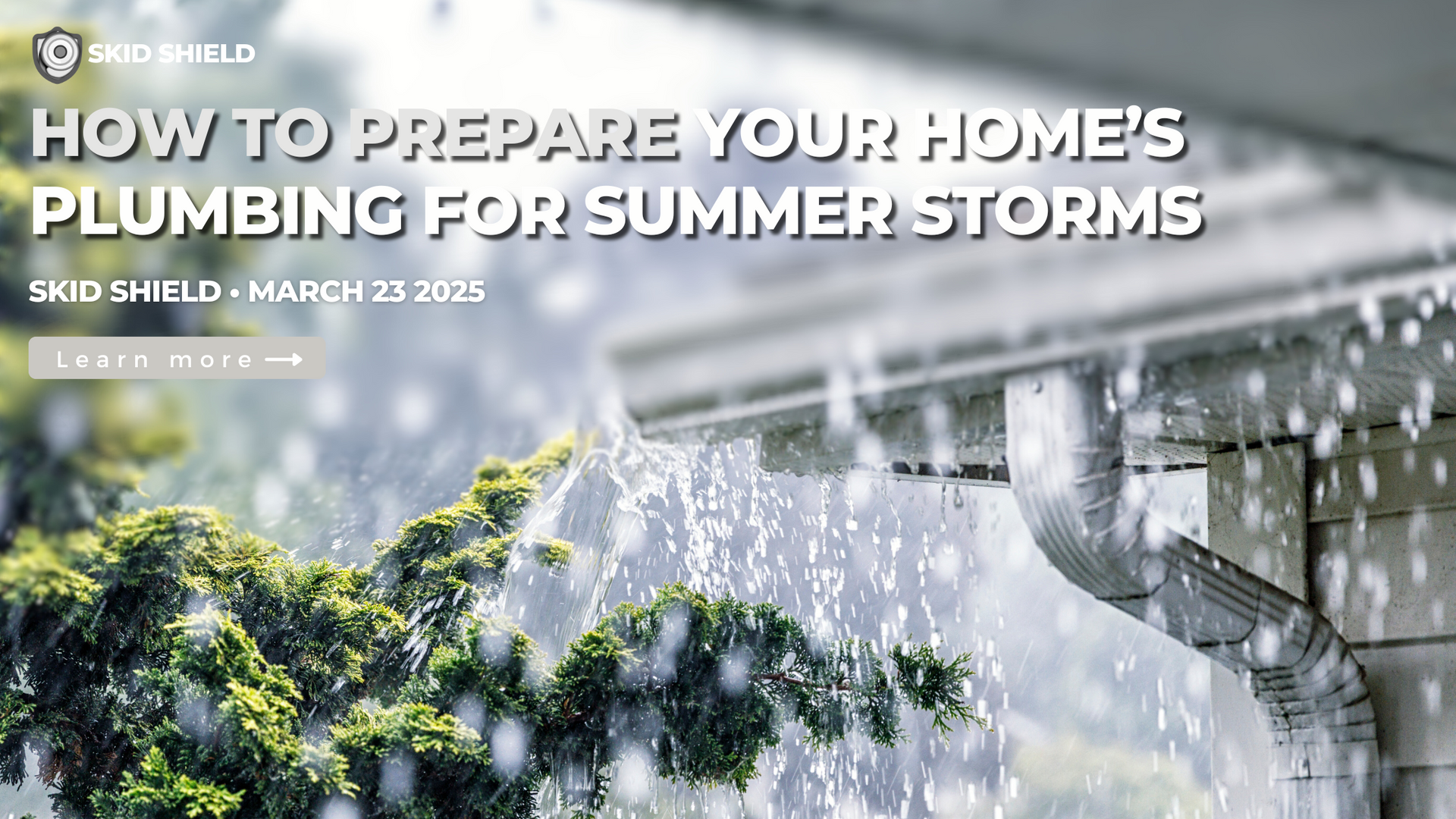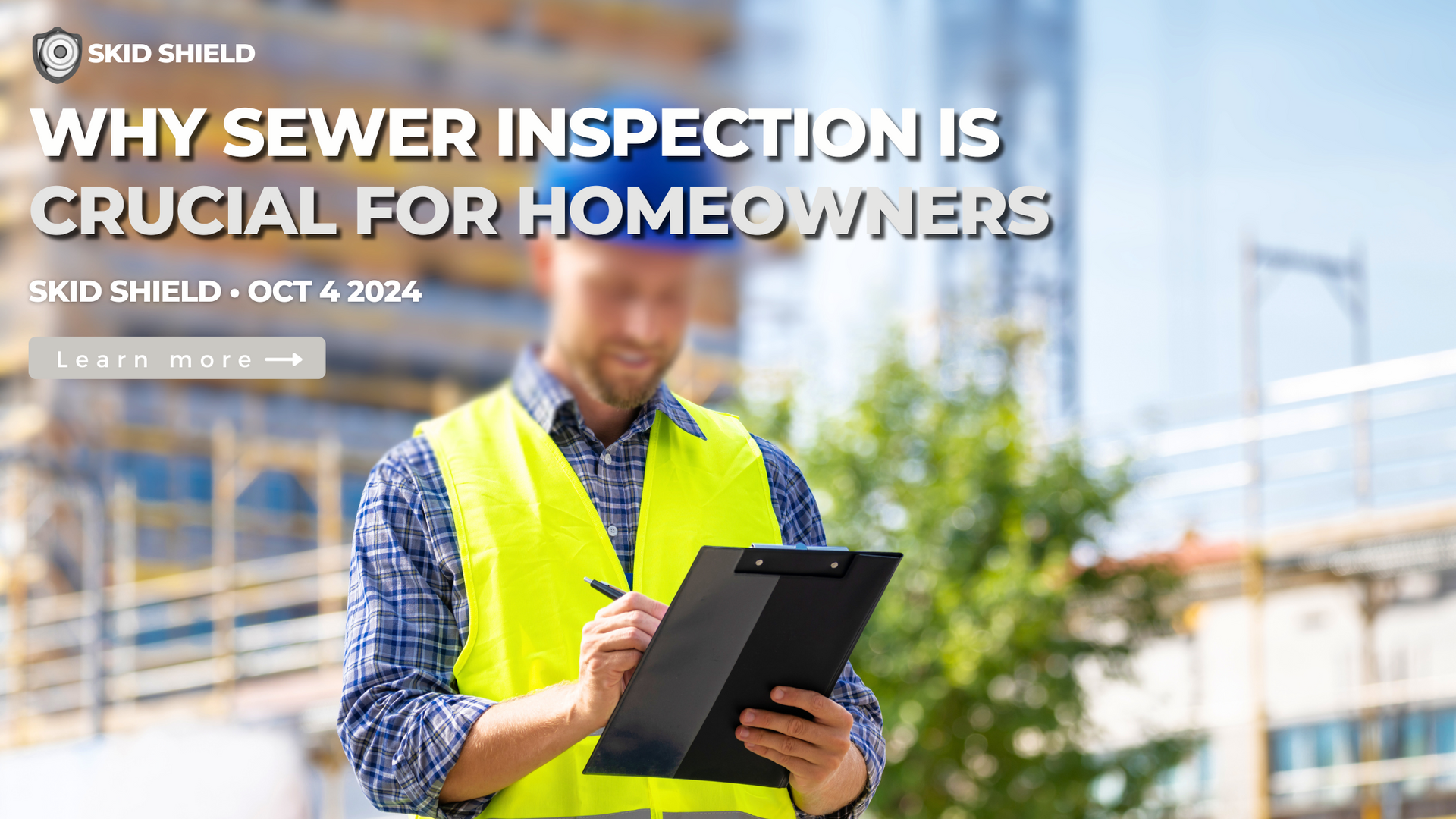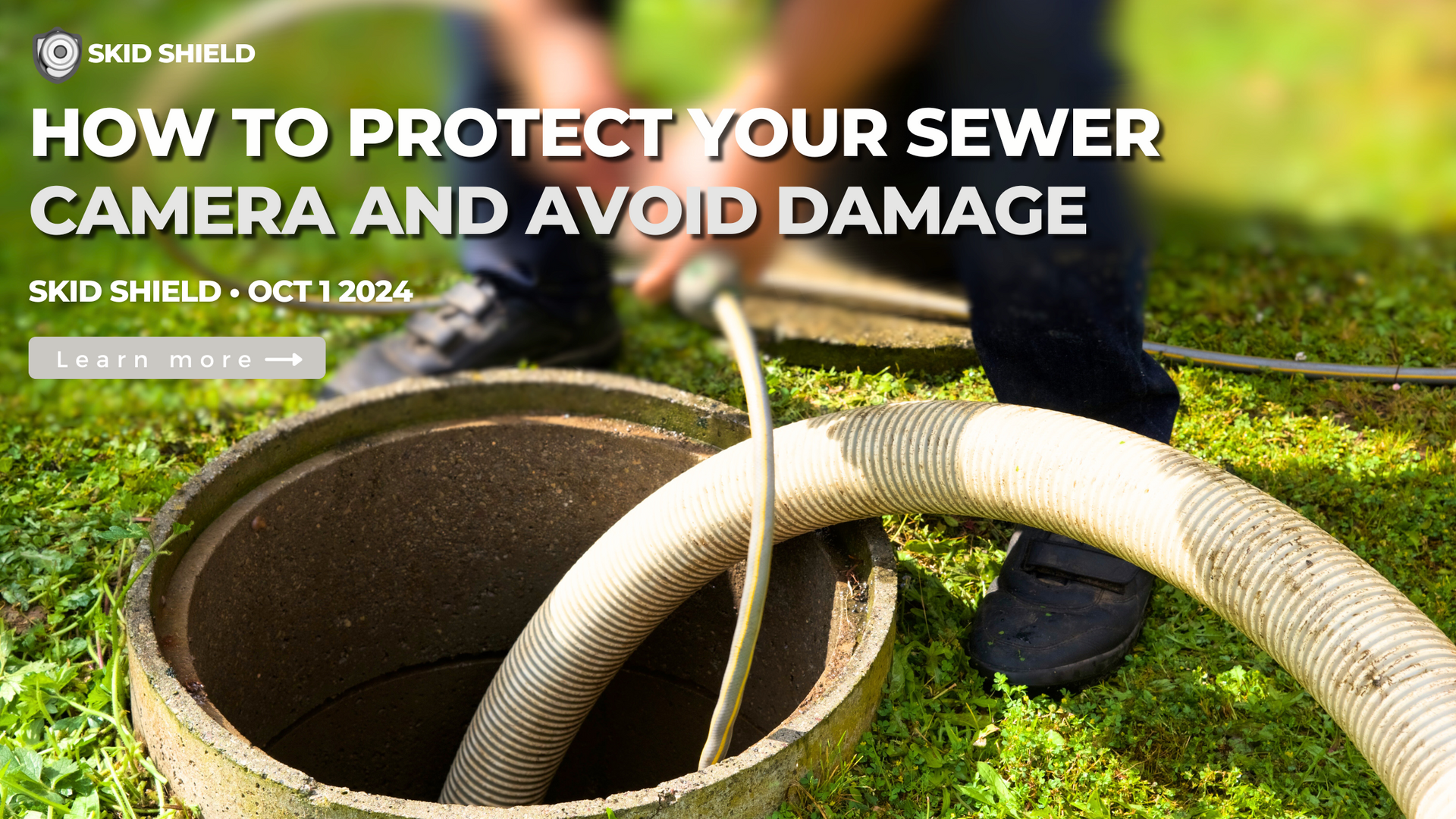720-390-8762
skidshield@gmail.com

How to Prepare Your Plumbing for Summer: Essential Tips
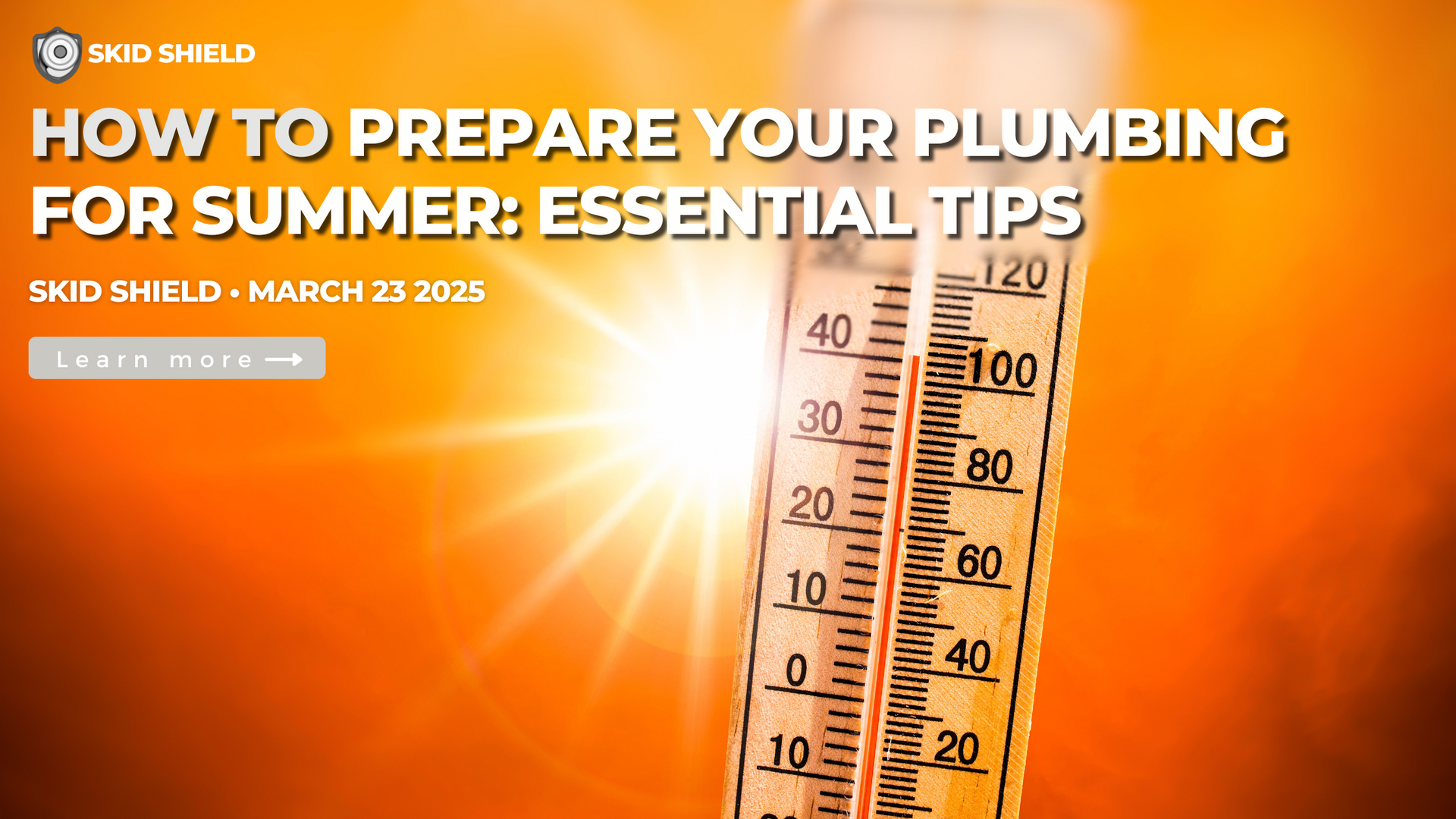
How to Prepare Your Plumbing for Summer: Essential Tips
- Inspect Outdoor Faucets and Hoses: Ensure your outdoor faucets are working correctly and free of leaks. Check hoses for cracks, and replace any worn-out ones to avoid water waste.
- Clean and Maintain Sprinklers: Summer means more lawn care, so make sure your sprinkler system is functioning properly. Clean the sprinkler heads to avoid clogs and test the system to make sure it's watering evenly. If you have a drip irrigation system, ensure it’s intact and free of blockages.
- Flush the Tank: Sediment can build up in your water heater over time, which affects its efficiency. Flushing the tank will remove the sediment and help your unit run more smoothly.
- Check the Temperature Setting: Adjust your water heater’s temperature to a lower setting (120°F) to conserve energy during the warmer months and avoid scalding water.
- Look for Leaks: Check visible pipes under sinks and around appliances for signs of leaks. Even small drips can add up over time and waste water.
- Check for Visible Cracks: Hot temperatures can cause certain pipes (especially older ones) to crack or burst. If you notice any signs of wear, it’s better to replace or repair them before you run into bigger issues.
- Shut Off the Water Supply: If you're going on vacation, it’s smart to shut off the main water supply to your home to prevent any potential leaks or flooding while you’re away.
- Empty the Water Heater: If you're leaving for an extended period, consider turning off the water heater or draining it to prevent unnecessary energy usage.
- Be Careful with Grease: If you do a lot of grilling or cooking outdoors, make sure to dispose of grease properly, not down the drain. Pour grease into a container and dispose of it in the trash to prevent clogged pipes.
- Use Drain Screens: In the bathroom or kitchen, use drain screens to catch hair, food particles, and other debris that can lead to blockages.
- Test the Pump: Pour water into the sump pit to make sure the pump activates and drains properly. If the pump doesn’t turn on or drain water correctly, it may need maintenance or replacement.
FAQ: Preparing Your Plumbing for Summer
1. Why should I prepare my plumbing for summer?
Summer brings increased water usage and warmer temperatures, which can strain your plumbing. By preparing in advance, you can avoid costly repairs, clogs, and unexpected issues, ensuring your plumbing runs smoothly all season.
2. How can I prevent my outdoor faucets from leaking?
Inspect your outdoor faucets for any visible cracks or leaks and check for proper water flow. If you notice any damage, replace the faucet or the hose. It’s also a good idea to turn off outdoor water supply lines to prevent freezing or leaks during extreme temperatures.
3. What maintenance should I do for my water heater before summer?
Before the summer heat sets in, consider flushing your water heater to remove sediment buildup. This helps improve efficiency and extend the lifespan of the unit. You can also check the temperature setting to ensure it’s not too high and save on energy costs.
Roman Fairchild
CEO, Skid Shield
Website:
skidshield.store
Email: skidshield@gmail.com
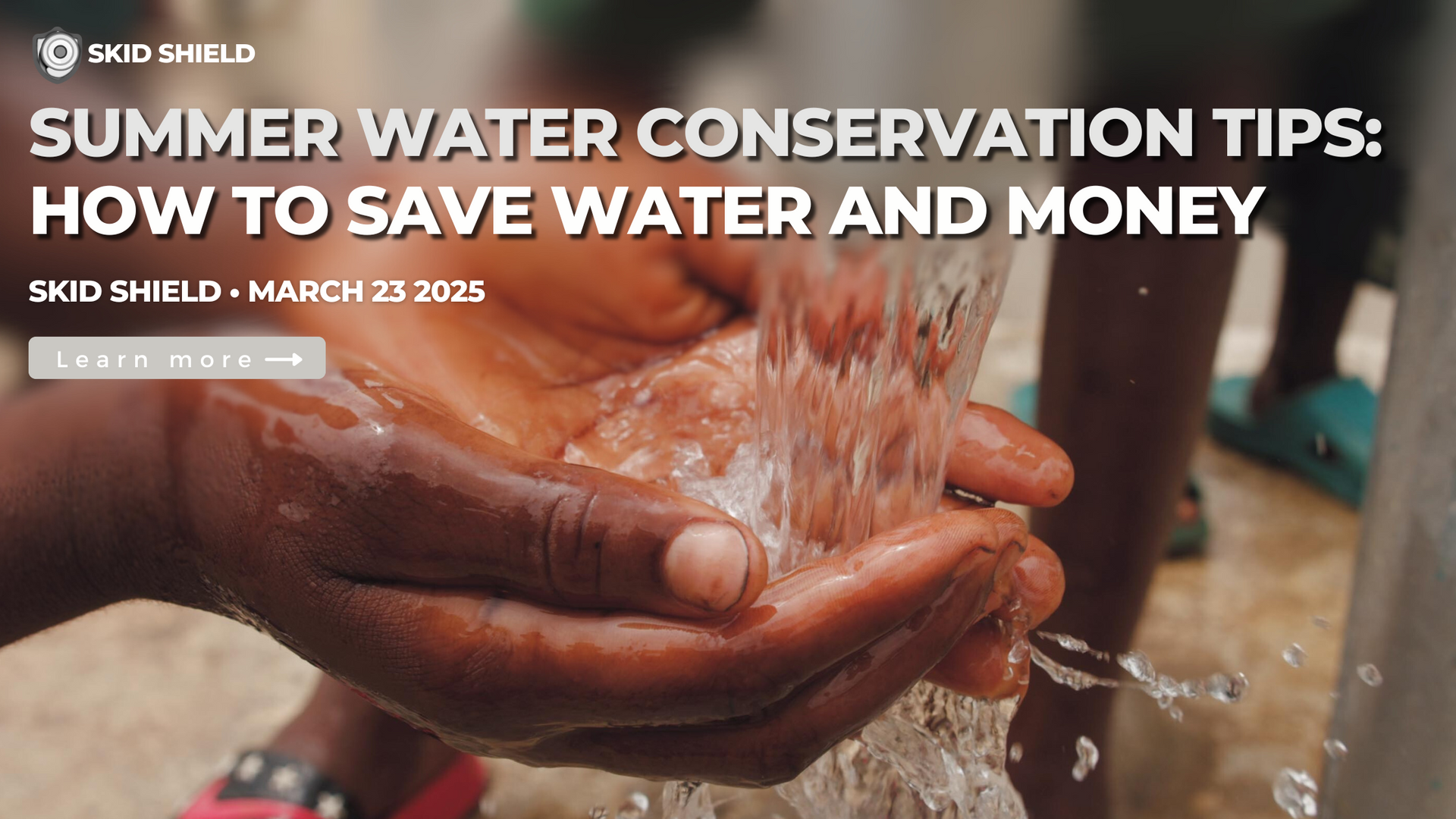
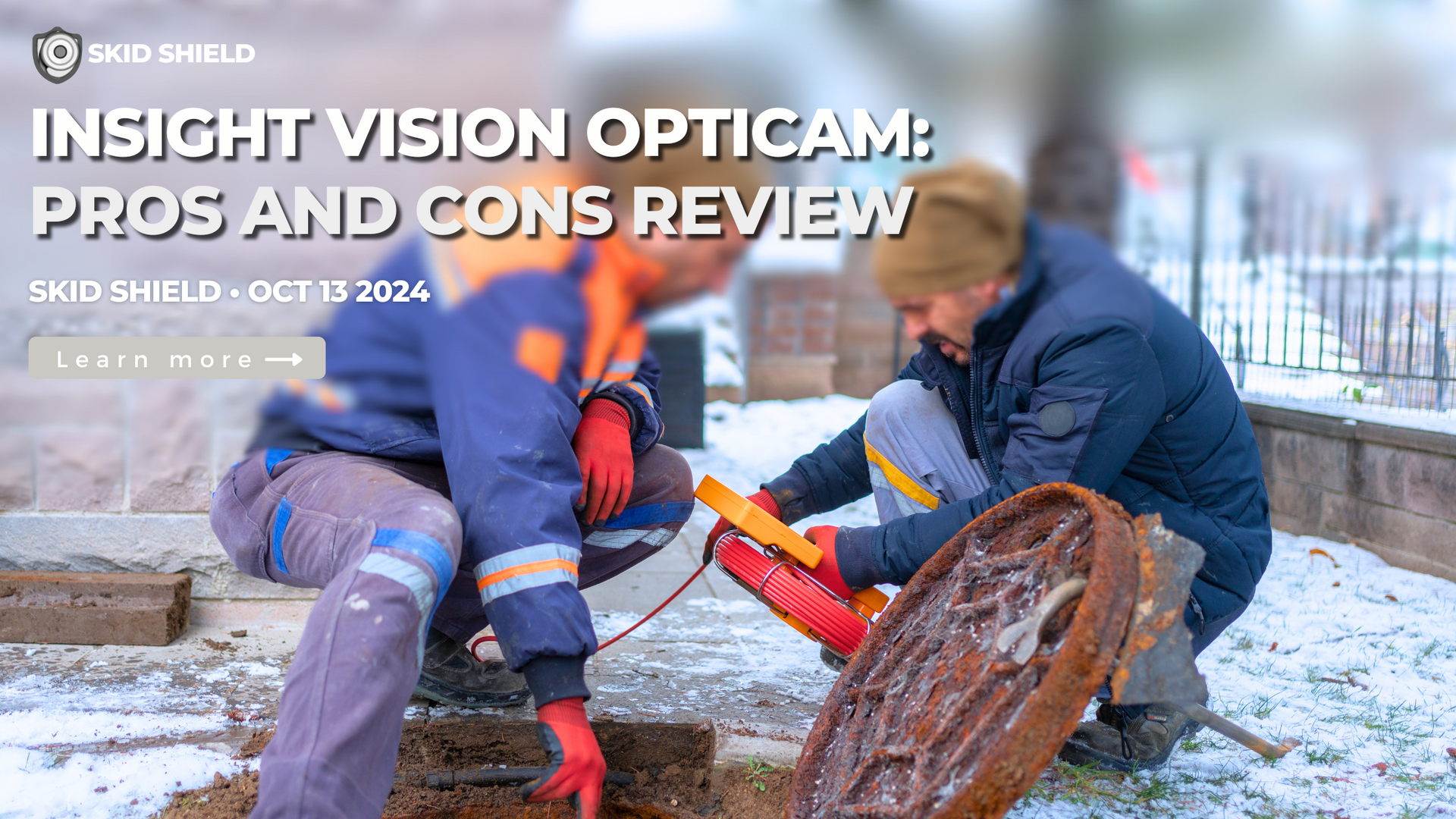

All Rights Reserved | SkidShield
Commerce City, Colorado United States
720 390 8762 | skidshield@gmail.com
